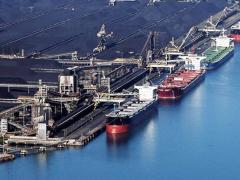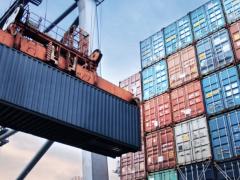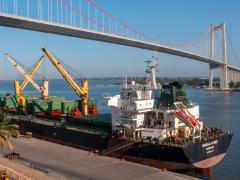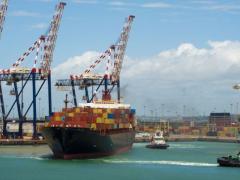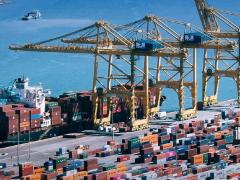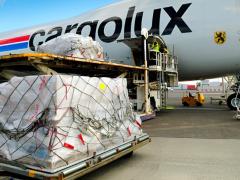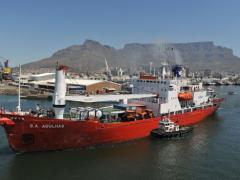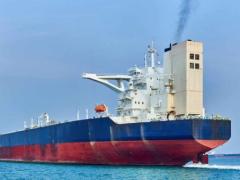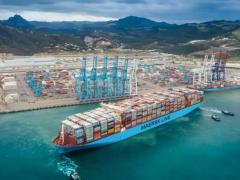The outlook for Africa's debt sustainability remains "uncertain" as low growth and high inflation challenge the stability of many economies across the continent, stated Andrew Dabalen, the Africa chief economist of the World Bank.
On Monday Dabalen said one of the major concerns is a form of stagflation taking hold.
The bank has projected that growth on the continent will reach a general average (GA) of 3.1% in 2023, while inflation is in double digits in several parts of the continent.
South Africa’s current growth curve is more than 2% below the GA, and is unlikely to break through 1% for the remainder of 2023.
Adding to the concerns, according to the World Bank, is that almost half of the countries in Sub-Saharan Africa are experiencing debt distress or risking it.
"We do not anticipate the number to exceed the current count," stated Dabalen in an interview with Reuters.
However, he cautioned that changing global economic conditions continue to pose risks to that outlook.
In 2020, Zambia became the first African nation to default on its debt, followed by Ghana late last year.
Chad completed negotiations with its creditors under the G20's Common Framework process in November without receiving a debt reduction, while Ethiopia's talks were delayed by a civil war.
Dabalen mentioned that the debt restructuring negotiations for Zambia under the Common Framework "continue to drag on", and emphasised the importance of fairness for all creditors in the process.
Many countries are taking the necessary measures to implement reforms that would better serve their long-term objectives, he said, adding that domestic reforms would always be preferable to those imposed by international funders.
Dabalen highlighted that many countries on the continent possess the mineral resources required for a low-carbon future.
"Mostly African countries are the primary sources of the minerals in demand, allowing them to maximise revenues to develop diverse industrialised economies," he explained. SOURCE: Reuters.



